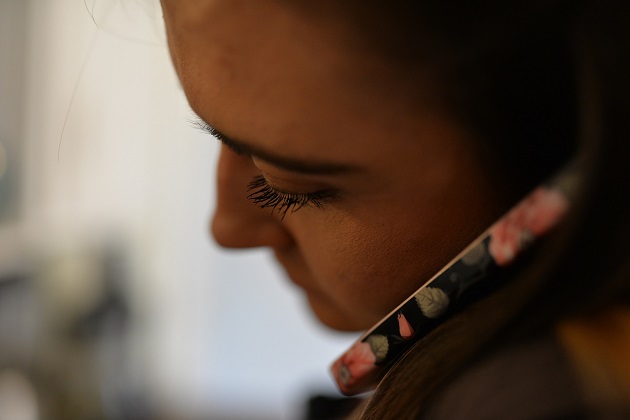“I just wanted to call you and let you know before you heard it on the news.” —Mike Schmidt
When we were newlyweds, my husband once called me at work to let me know that he was OK.
He wanted to tell me about something that might show up on the local newscast later in the day. He had been working on a new reaction in a pilot plant. There was a spill, a spark from static electricity, and then, unexpectedly, there was a fire. The key word here is unexpectedly.
At the time he was not yet a safety professional, but he knew enough to take safety seriously. He was wearing goggles, a face shield, and a flame-retardant lab coat while he was doing this. Thank goodness. He called to tell me that there had been a fire in the process he was working on. He got it put out with a fire extinguisher, but the fire department had been called. Since we were in a small town, he was pretty sure that the fire department being called out to the chemical plant on the edge of town was going to make the news. He didn’t want me to hear about it on the news, or worse, for one of my coworkers to hear about it and then come and ask me if he was all right.
He ended up with a small chemical burn on his neck, the scar of which I can still see when I snuggle up to him in bed. Which I am still able to do, thankfully.
It’s Not Always the Big Stuff
When we think of workplace safety, we usually think of the big stuff, like an explosion, a fire, or some other major incident. They say, “Don’t sweat the small stuff,” but usually it’s the small staff that affects us. If you accidently lock yourself out, you might not be able to get to a phone in an emergency. If your phone distracts you while using a cutting tool, you might slice off a fingertip before you realize it. If you are in a rush because you are late, having an accident or getting pulled over to get a ticket will only make you later. If you slip when working at elevations, your fall will have much worse consequences if you have not tied off safely.
What Process Safety Means to Me
When people ask me about what Bluefield Process Safety does, I don’t say anything about HazOps or LOPAs, or about safety systems or PSM compliance. Instead, I tell them that the people at Bluefield work to make sure that everyone goes home from work the same way they come to work, in the same vehicle. Not an ambulance. Not a Medivac helicopter. And definitely, not a hearse. That they work to make sure that nobody has to call a loved one to say there might be an unsettling story on the news that night. That nobody has to rearrange their life for a week, or for a year, or forever.
Don’t Be That Guy
Be safe for the people that love you. Be safe for the people that love your coworkers. Plan ahead for the unexpected. Follow the procedures and don’t take shortcuts. Drive defensively. Don’t stand on the chair to reach up high. Keep the path to the door clear.
Go ahead and use your imagination when looking for hazards. Speak up and act if others are making bad safety decisions. Behave as if you are responsible for the safety of others, because you are.
Nobody wants to be the one to make the call to say, “I made a mistake and your loved one paid for it.” Don’t be that guy.
By Guest Contributor Chris Schmidt
